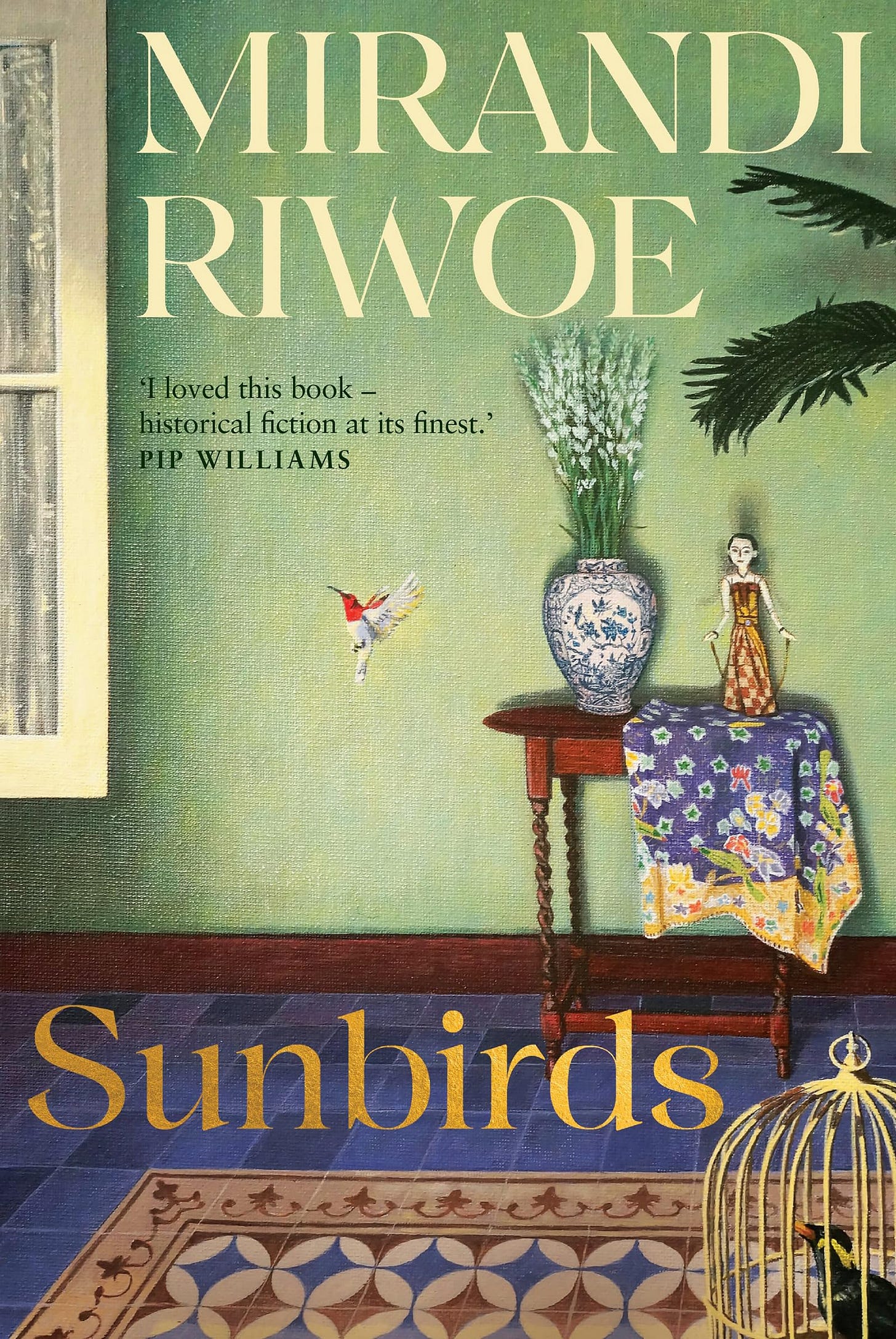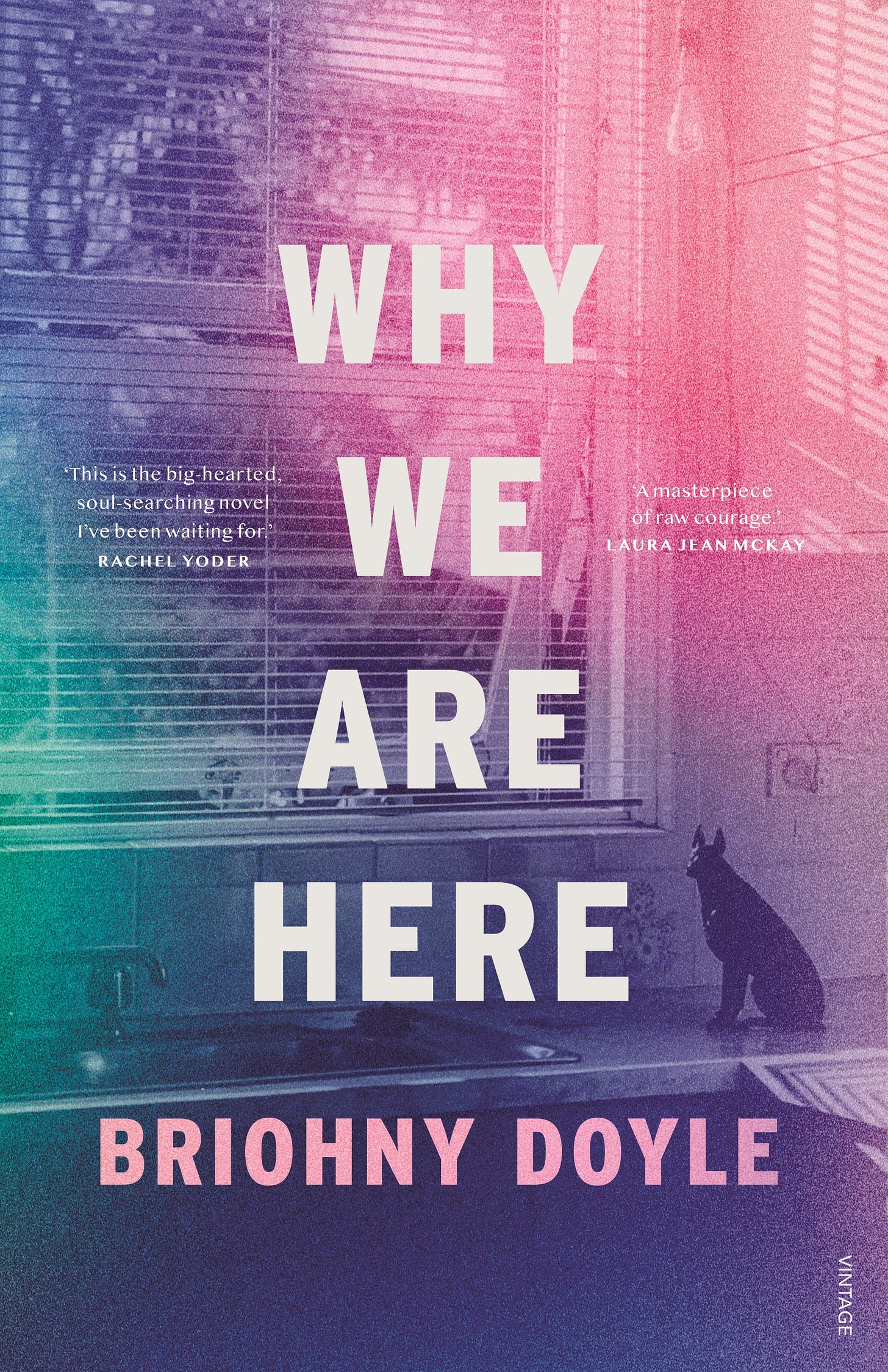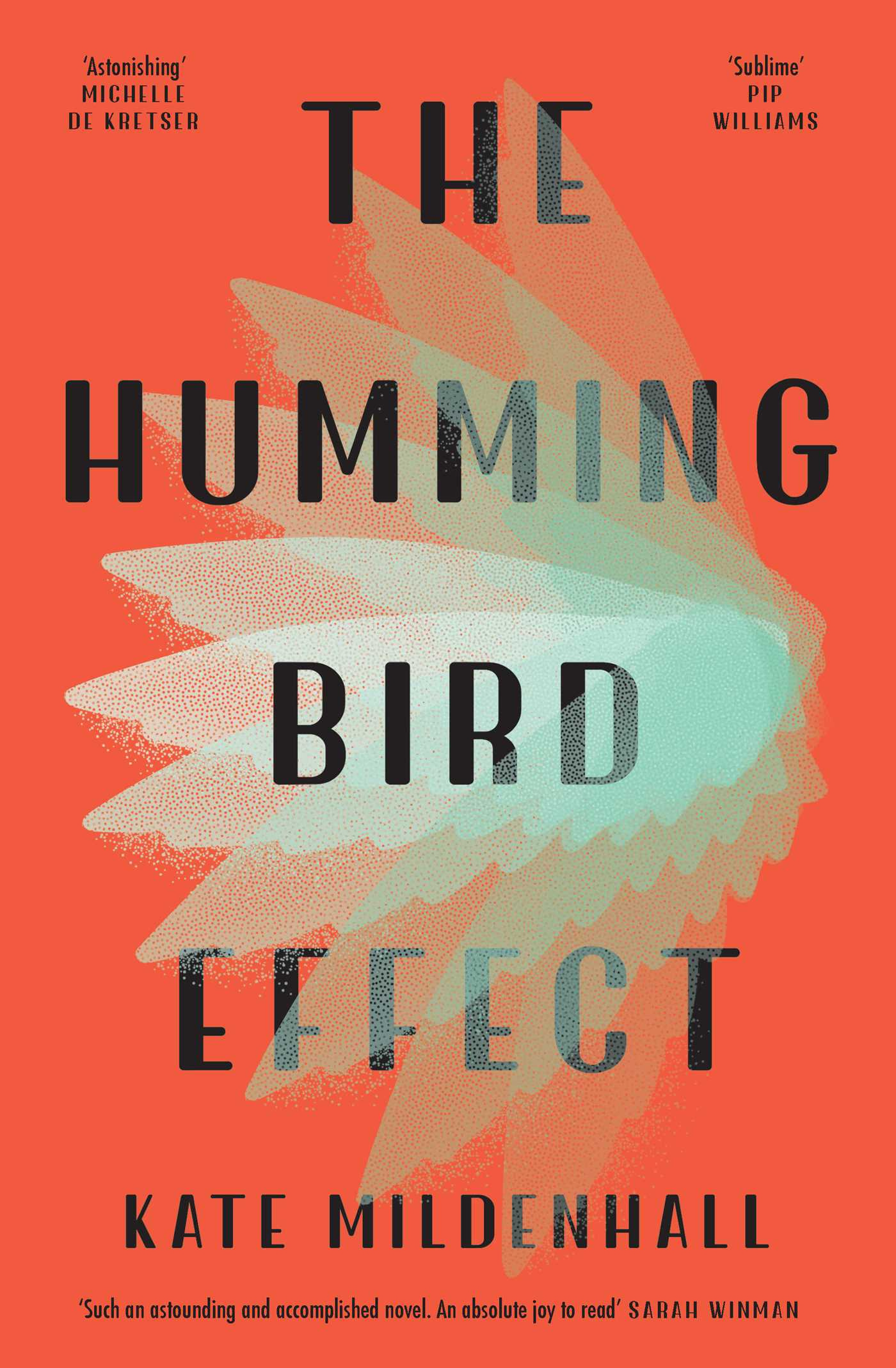Instead of my usual long list of books that have shaped my year, here are the ones that left the largest impression, that not only kept my attention through the bleary, busy hours of new parenthood and a big workload but that sparked me, moved me, helped me to feel in touch with the world, other lives, and all parts of myself.
The Anniversary is Stephanie Bishop’s best work yet. It’s about a writer and the release of her new novel while she deals with a significant personal tragedy: her husband going overboard on a boat they were travelling on together. This novel has a dark, subtle humour about it. There’s a slippery blurring between reality and memory, and experience and fiction (past, present and also possible and desired futures, desire versus the actual in general). There’s interwoven commentary about being a woman and a woman writer, about the publishing industry, and about being with a man who is also creative. But the literary trope of a younger woman married to her professor is parodic, knowing. And story is represented sometimes almost as an erasure of self. It’s refreshing, intelligent and a page-turner all in one.
Deborah Levy is such a solid writer for me. I’ve never been disappointed with her frank, spare writing and the way she holds doors open for you to keep walking through, keep puzzling and finding unexpected depths. In August Blue a pianist who has gone off-piste post-lockdowns dies her hair blue and sees a woman, her ‘double’, buy some mechanical horses that flare a memory of childhood. Her adoptive father/piano teacher, Arthur, is dying. She travels, makes friends, lovers, all the while communing with the double in her mind, who is possibly her but also possibly some version of her mother. She wears her trilby hat. She desires to possess the horses. She goes through a transformation. Sun-kissed, she plays the Rach for Arthur. I loved the mysteries of the novel. The short sentences punctuated by full stops. The light and dark and colours. The symbols and glimpses of memory. The minimalist main character painted with broad strokes, sort of unreal.
Mirandi Riwoe’s latest Sunbirds is immersive historical fiction with layers of character and story tensions related to power, place, matters of the heart. It’s West Java in 1942 and the Japanese are encroaching. The main character Anna is of Indonesian and Dutch descent. Her family have local servants. She’s obsessed with a local murder case of a young woman who in many ways is just like her, but who grew up under different circumstances. Throughout the novel she becomes more and more aware of the effects of Dutch colonisation. But this book has multiple POVs, and Diah, the housekeeper, often seemed the real main character to me. She’s more content than her brother Sigit, who wants to revolt, or perhaps more accepting of her lot. But she has dreams and desires, and she quietly plans. We are rooting for both these women and their happiness and the possibilities of a different life. Other contrasts are set up: Anna’s mother, driven mad; and a novelette that runs through the novel in first person about the murdered girl, Fjente (Endah). This is gorgeous work from Mirandi Riwoe as usual.
‘The world widows us perpetually.’
Anything I write (in such a brief form) will be inadequate for this extraordinary novel about grief and existence (and possibly aftermath, a word that is turned over and examined within the pages itself). It’s set during the lockdowns in a coastal suburb. The protagonist is a writer who has lost her partner and her father in quick succession. The book jumps around in time. She has a dog, Baby, and they telegraph messages to each other. She has friends, lovers, people she tries to reach, people who try to reach her; she is often alone, and time passes. She trains a dog. She walks on the golf course. She observes, externally and internally. She recalls books, films, experiences layered with the influence or mood of these other texts. The writing never resorts to cliche, to simplification, but it’s crisp, clear, rhythmic. There is light and dark. I listened to the audiobook and felt the book in my body: my chest, my senses. I want to read it in print as well so I can go back and highlight innumerable smart, moving sentences. I’ve enjoyed all Briohny’s writing but this is next-level: it’s a novel with such integrity, and honest searing searching truth. An instant favourite.
The Hummingbird Effect by Kate Mildenhall is an ambitious and enjoyable novel. I found myself being struck by admiration for the author’s capacity, to write a multi-timeline, multi-character book and for each character and story to compel (and for images and themes, such as women and work and place, to form such neat throughlines). The way Mildenhall captured Melbourne lockdown in one of the interwoven stories is like no other book I’ve read, particularly the found-poem-style gathering of news headlines, events, sayings, etc. from the time. I liked the latter two narratives best—a near-future queer couple, working in a factory, considering parenting, the tensions and love between them; and far-future sisters post societal collapse. A beautifully balanced and memorable novel.
The last book I read for the year was the one I most looked forward to all year! And it did not disappoint. Lucashenko’s Too Much Lip is one of my all-time favourite novels. I started Edenglassie and immediately there was Lucashenko’s exquisite sharp writing and skillful storytelling. In 2024, Queensland’s oldest Aboriginal resident Granny Eddie ends up in hospital alongside a shadowy companion from the past while the younger generation clashes over history, belonging and legacies. Granny Eddie’s niece Winona is a fantastic character—we get to witness her big, political thoughts, quick tongue and deep emotions, often through conversations with Eddie and also Doctor Johnny Newman, who is working on getting in touch with his Gomeroi heritage. This contemporary story is paired with a compelling historical narrative about Mulanyin, who dreams of having his own fishing boat, his woman Nita by his side and of not being beholden to the white colonists, and reading, you so badly want everything for him too, but there’s the haunting, heavy sense of history and the horrors of colonisation (unfolding and to come). It’s heart-wrenching, gut-wrenching stuff. Lucashenko’s characters are fully alive to me while reading and I’m still walking around digesting this exceptional story. Can’t recommend it highly enough.
Have you read any of these? Pop your own 2023 favourites in the comments/reply!
~
Take care, and happy writing and reading for 2024,
Angela








While not a 2023 release, the book that just blew me away this year was "The Invention Of Morel" by Adolfo Bioy Casares.
Wow! Such passion for books and great writing.
I'm always open to stories where a novelist is a central character and for that reason YELLOWFACE by American novelist Rebecca F. Kuang was a complete standout in 2023 for me. Think I'll be hunting down a copy of THE ANNIVERSARY based on your recommendation. It sounds right up my alley.